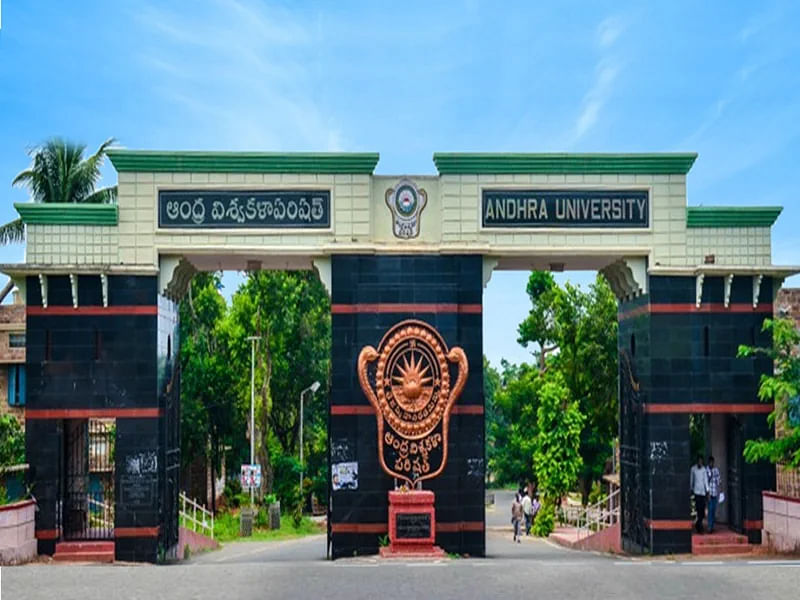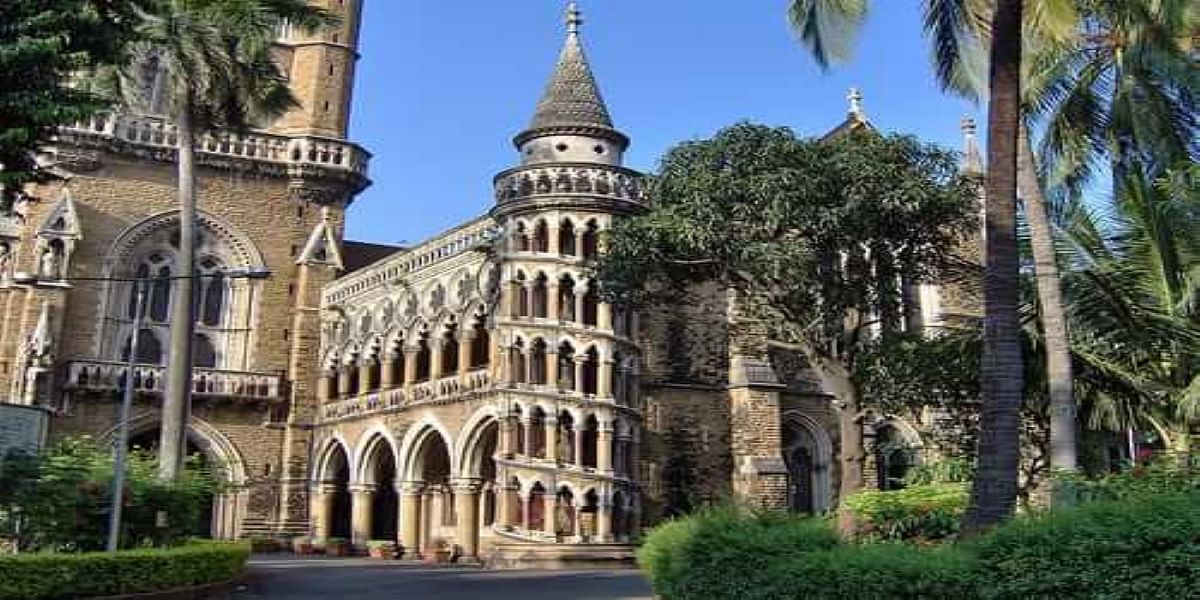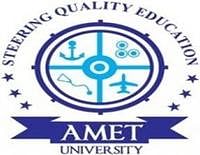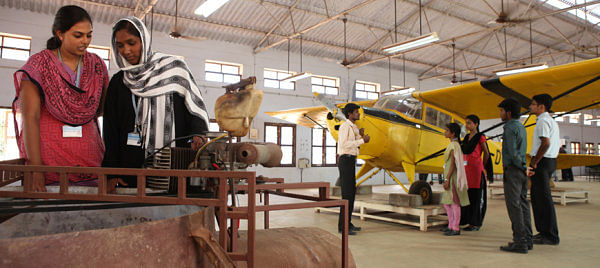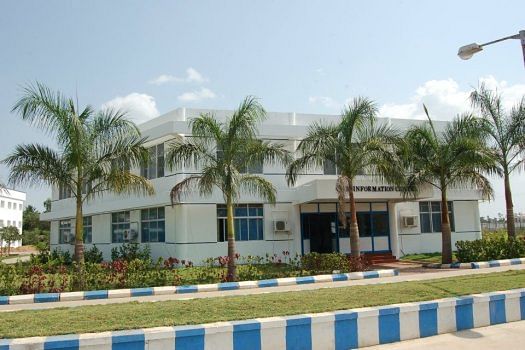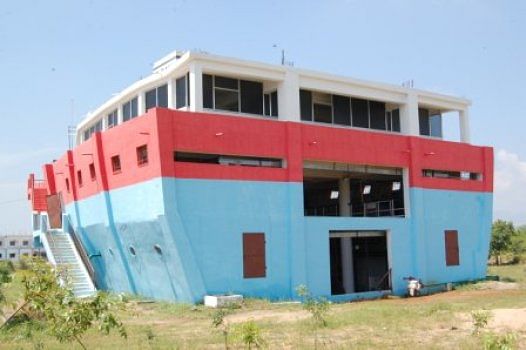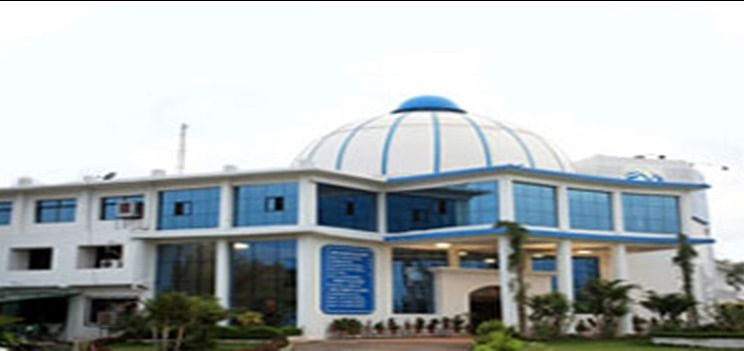BE Marine Engineering Syllabus and Subjects

Bachelor of Engineering in Marine Engineering syllabus is a four-year undergraduate course in the engineering branch. The syllabus and subjects are divided into eight semesters. The syllabus includes English, Mathematics, Engineering Mechanics, Computer Science, Marine Broiler, Fluid Mechanics, Material Science, Marine Steam Engineering, Projects, Viva, and many more.
Semester Wise BE Marine Engineering Syllabus
The BE Marine Engineering course aims to ensure that the students have all the exposure in covering everything from marine systems to engineering mechanics with production and development. The BE Marine Engineering course is a comprehensive study about the study design and maintenance of marine engineering. Semester-wise BE Marine Engineering subjects list are given in the table below:
|
Semester I |
Semester II |
|
English |
Seamanship, Elementary Navigation, and Survival at Sea |
|
Mathematics - I |
Mathematics - II |
|
Basic Electrical and Electronics Engineering |
Applied Thermodynamics - I |
|
Basic Electrical and Electronics Engineering |
Strength of Materials - I |
|
Workshop Practicals - I |
Computer Science |
|
Engineering Mechanics - I |
Engineering Mechanics - II |
|
Workshop Technology |
Engineering and Machine Drawing |
|
Geometrical Drawing |
Applied Mechanics Laboratory |
|
Basic Electrical and Electronics Laboratory |
Workshop Practical – II |
|
Communicative English Lab |
Computer Laboratory – I |
|
Semester III |
Semester IV |
|
Computational Mathematics |
Marine Boilers |
|
Analog Electronics & Communication |
Digital Electronics and PLC |
|
Applied Thermodynamics - II |
Mechanics of Machines - II |
|
Strength of Materials - II |
Electrical Machines - II |
|
Mechanics of Machines - I |
Fluids Mechanics |
|
Electrical Machines - I |
Marine Heat Engine and Air Conditioning |
|
Marine Engineering Drawing |
Applied Marine Control and Automation |
|
Electronics Laboratory |
Heat & Boiler Chemical Laboratory |
|
Heat and Chemical Laboratory |
Computer Microprocessor and PLC Laboratory |
|
Workshop Practical - III |
Workshop Practical - IV |
|
- |
Control Engineering Laboratory |
|
Semester V |
Semester VI |
|
Material Science |
Ship Fire Prevention and Control |
|
Ship Structure and Construction |
Marine Internal Combustion Engine II |
|
Marine Internal Combustion Engine - I |
Marine Electrical Technology |
|
Fluid Mechanics |
Marine Auxiliary Machines - II |
|
Marine Auxiliary Machines - I |
Naval Architecture - II |
|
Naval Architecture - I |
Management of Science & Economics |
|
Elementary Design and Drawing |
Marine Steam Engineering |
|
Material Science Laboratory |
Fire Control and Life Saving Appliances Laboratory |
|
Vibration Laboratory and Fluid Mechanics Laboratory |
Marine Power Plant Operation -II |
|
Marine Power Plant Operation - I |
Electrical Machines Laboratory |
|
Semester VII |
Semester VIII |
|
Ship Operation and Management |
Onboard Training And Assessment |
|
Advanced Marine Control Engineering and Automation |
Voyage / Training Report |
|
IMO - Maritime Conventions and Classification Society |
Project on Environment |
|
Advanced Marine Technology |
Viva |
|
Engine Room Management |
- |
|
Elective |
- |
|
Marine Machinery and System Design |
- |
|
Simulator and Simulation Laboratory |
- |
|
Technical Paper and Project |
- |
BE Marine Engineering Subjects
The BE Marine Engineering course offers both theoretical and practical aspects of the study. BE Marine Engineering subjects like English, Mathematics, Engineering Mechanics, Computer Science, Marine Broiler, Fluid Mechanics, Material Science, Marine Steam Engineering, and many more are taught in the course curriculum. The course curriculum includes theoretical and elective subjects. The compulsory subjects include:
- Marine Management
- Physics and Electronics
- English
- Applied Mathematics
- Advanced Marine Technology
BE Marine Engineering Course Structure
The BE Marine Engineering course structure includes both theory and elective papers aspects of the study. The course structure is made in such a way that both classroom training and practicals are included in the course curriculum. The course structure is given below:
- VIII Semesters
- Electives
- Training
- Practical Subjects
- Projects/Viva
BE Marine Engineering Teaching Methodology and Techniques
The course curriculum takes into account different teaching methods. Classroom learning includes practical sessions for students. Students who are passionate about studying engineering, exploring the marine occupation dealing with mechanical design & development, production, and maintenance of marine equipment. Listed below are the teaching methodology and strategies in general:
- Practical & Training sessions
- Guest Lectures, Seminars, and Workshop
- Industrial Visit
- Group Assignment and Discussion
- Projects/Viva
BE Marine Engineering Projects
Projects are given to students to understand the concepts and help students in getting hands-on experience. Projects and job training are to be completed by the end of the eighth semester. Some popular BE Marine Engineering projects topics are:
- Design And Fabrication Of Power Pole Marine Propulsion Unit
- Estimation Of Marine Salts Behavior Around The Bridge Structures
- Fuzzy Modelling- And Control Of Marine Diesel Engine Process
- Design And Fabrication Of Mechanised Country Boat
- Marine Pollution
BE Marine Engineering Reference Books
BE Marine Engineering books are available both online and offline by many authors and publications. Reference books are meant for gaining an in-depth understanding of concepts. Books on Marine Engineering for academic purposes differ according to subjects. Some of the reference books for the course in BE Marine Engineering are:
|
Books |
Authors |
| Introduction to Marine Engineering |
D.A. Taylor |
| Marine Auxiliary Machine |
H.D McGeorge |
|
Pounder’s Marine Diesel Engines and Gas Turbines |
Doug Woodyard |
|
Marine Boilers |
G.T.H Flanagan |
